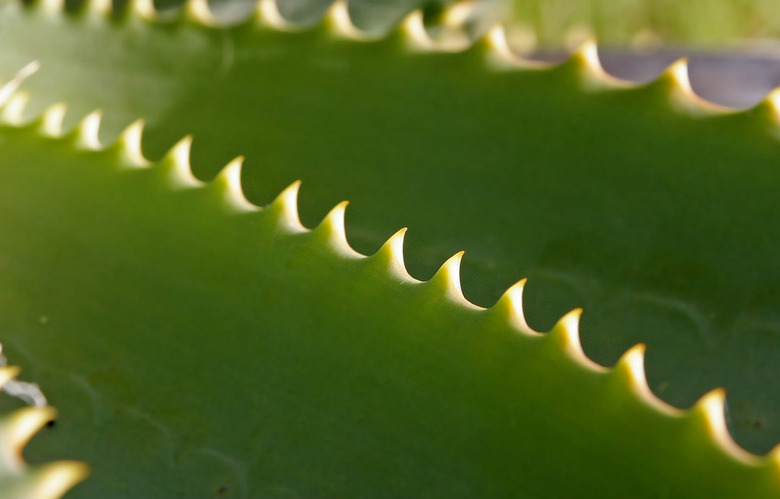Which Plant Did Ancient Egyptians Call The Plant Of Immortality, And Why?
For as long as humankind has been walking around, we've been trying to use the things that grow around us to cure our ailments. This was especially true in ancient times, when manufactured pharmaceuticals were still a long way off. But only one plant was ever called The Plant of Immortality, which in our book sounds like pretty high praise: Aloe vera.
We tend to think of aloe vera as something we rub on sunburns, but it in fact has some serious healing properties. According to Collective Evolution, the succulent does indeed promote healing when applied to burns and scrapes, but its real benefits may be internal. Aloe vera contains a wide variety of minerals (magnesium, calcium, zinc, chromium, and potassium, for example); enzymes including amylase and lipase which can aid in digestion; vitamin B12 (which is required for red blood cell production); vitamins A, C, E, folic acid, choline, and B1, 2, 3, and 6; and 20 of the 22 essential amino acids. It strengthens the digestive tract and helps relieve inflammation; and when gargled, aloe vera juice can be as beneficial to teeth as mouthwash and help relieve canker sores.
You can juice your own aloe vera leaves, or purchase it in most health food stores. Who knew that this powerful plant was also a serious superfood?
